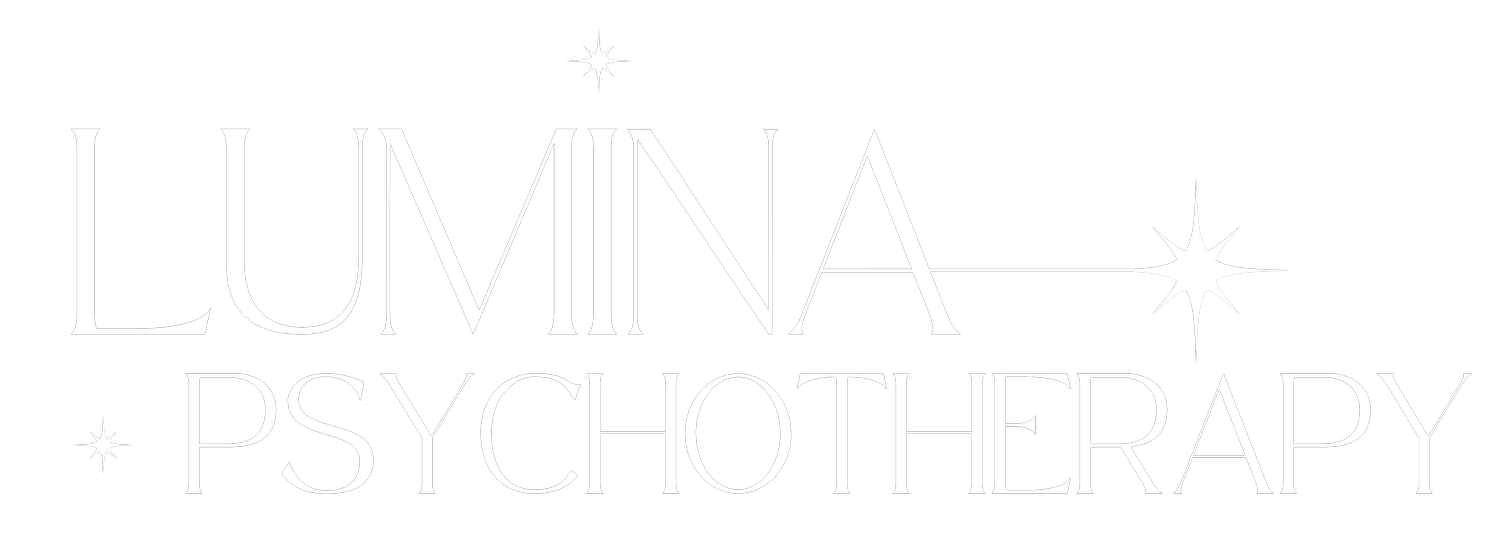
Healing Starts Here.
Understanding Trauma: “Big T” & “little t” trauma
Survival is one thing, but healing requires a different path. If you're here, it means you're resilient, and I’m here to help guide you out of the woods.
Big T trauma refers to significant, major traumatic events that are typically life-threatening or pose a serious risk to one's physical or psychological well-being. Big T trauma often results in profound and lasting psychological effects, such as Post-Traumatic Stress Disorder (PTSD) or significant changes in one's worldview.
Little t trauma refers to smaller, chronic, or cumulative traumatic events that may not be life-threatening but still have a significant impact on an individual's well-being. While each little t trauma may seem less severe on its own, the cumulative effect can be substantial, leading to emotional distress, anxiety, or difficulties in forming healthy relationships.
Examples
“Big T” Trauma
Violent Assaults: Physical attacks, sexual assault, or witnessing a violent crime.
War and Combat: Military combat situations that expose individuals to extreme danger.
Serious Accidents: Severe car accidents, plane crashes, or industrial accidents.
Natural Disasters: Earthquakes, hurricanes, floods, or wildfires.
Serious Medical Trauma: Life-threatening medical emergencies, prolonged critical illnesses, severe surgeries, or complicated births.
“Little t” Trauma
Divorce or Separation: Family disruptions and changes in relationships.
Emotional Neglect: Lack of emotional support or consistent care during childhood.
Loss of a Pet: For some individuals, the death of a beloved pet can be a traumatic experience.
Bullying: Persistent and harmful verbal, physical, or social aggression.
Cheating or gaslighting: Can undermine self-trust and make it difficult to form new relationships.
Approach to Treatment
My approach draws from a rich tapestry of therapeutic modalities, seamlessly integrating Polyvagal theory, EMDR therapy, ACT (Acceptance and Commitment Therapy), DBT (Dialectical Behavior Therapy), mindfulness practices, and community building.
I’m here to walk alongside you on the path to healing. EMDR therapy acts as a compass, unraveling the threads of traumatic memories. ACT is the lantern that lights our path, guiding you through acceptance and commitment to your most salient values. DBT equips you with tools to clear obstacles along the way, fostering emotional regulation and interpersonal effectiveness. Through mindfulness, you'll discover the strength that lies in the present moment.
In this forest of therapeutic support, we develop a birds-eye view of your challenges—a perspective that sees beyond individual trees to the vast potential of your healing landscape.
"One day when you wake up, you will find that you have become a forest. You have grown roots and found strength in them that no one thought you had. You have become stronger and more beautiful, full of life giving qualities. You have learned to take all the negativity around you and turn it into oxygen for easy breathing. A host of wild creatures live inside you and you call them stories. A variety of beautiful birds rest inside your mind and you call them memories. You have become an incredible self sustaining thing of epic proportions. And you should be so proud of yourself, of how far you have come from the seeds of who you used to be."




